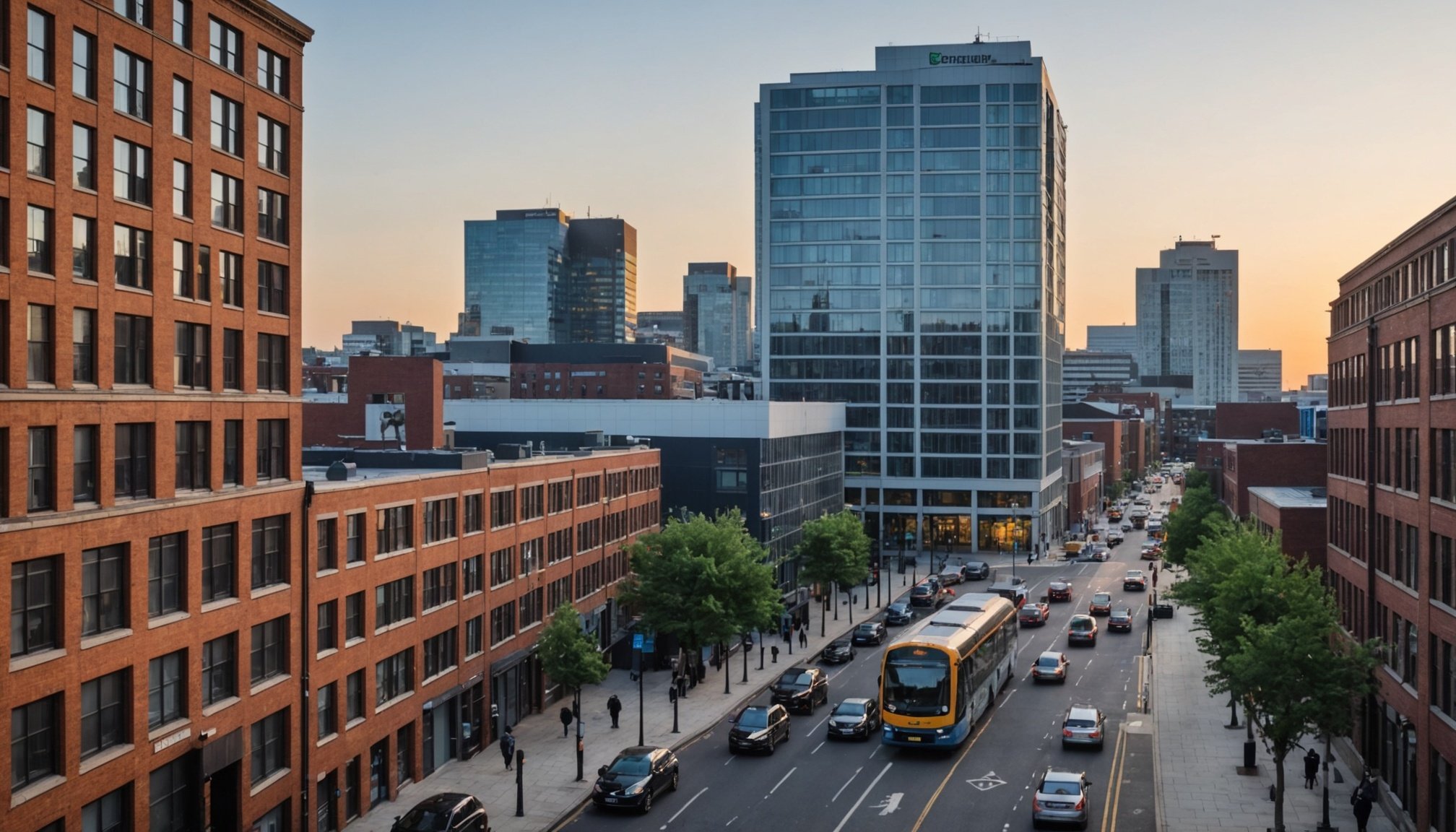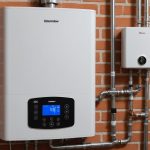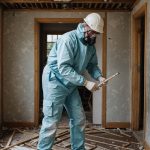Minimizing Noise Pollution in Your Birmingham City Center Apartment: Top Techniques
Living in the heart of Birmingham can be exciting, but it also comes with its share of challenges, one of which is noise pollution. Whether it’s the constant hum of traffic, the chatter of pedestrians, or the clatter of construction, noise can significantly impact your quality of life. Here are some top techniques to help you reduce noise pollution in your Birmingham city center apartment.
Understanding Noise Pollution
Before we dive into the solutions, it’s essential to understand what noise pollution is and how it affects us. Noise pollution is the excessive and unwanted sound that can disrupt the normal activities of an individual or community. In urban areas like Birmingham, common sources of noise pollution include traffic, construction, and industrial activities.
Avez-vous vu cela : Navigating Asbestos Safely: A Guide for Renovating Older Homes in Hull
“Excessive noise can lead to a range of health issues, including hearing loss, cardiovascular disease, and mental health problems,” notes Dr. Francesco Aletta, a researcher in urban sounds and sound perception[2].
Assessing Your Environment
To effectively minimize noise pollution, you first need to assess your environment. Here are a few steps to take:
A lire en complément : Step-by-Step Guide to Installing a Gray Water System in Your New Exeter Home
Conduct a Noise Survey
A noise survey is a systematic way to measure and analyze the noise levels in your area. This can help you identify the primary sources of noise and their impact on your living space.
- Use Noise Monitoring Equipment: Invest in or rent noise monitoring equipment to measure the decibel levels at different times of the day.
- Keep a Noise Diary: Record the times when the noise is most bothersome and the activities that are disrupted.
- Consult with Neighbors: Talk to your neighbors to see if they are also affected by the noise.
Review Local Planning Policies
Understanding the local planning policies and development plans can give you insight into potential future noise sources.
- Birmingham City Council’s Local Plan: Check the local plan to see if there are any upcoming developments or infrastructure projects that could increase noise levels.
- Section Planning and CPO (Compulsory Purchase Order) Policies: Familiarize yourself with the section planning and CPO policies to understand how the city manages development and its impact on noise levels.
Acoustic Solutions for Your Apartment
Once you have a clear understanding of the noise sources and levels, you can implement various acoustic solutions to reduce the impact.
Soundproofing Your Apartment
Soundproofing is one of the most effective ways to reduce noise pollution.
- Use Acoustic Insulation: Install acoustic insulation materials like foam panels, soundproofing blankets, or mass-loaded vinyl in your walls, ceiling, and floors.
- Seal Gaps and Cracks: Ensure all gaps and cracks around windows, doors, and other openings are sealed to prevent noise from entering.
- Upgrade Windows: Consider replacing old windows with double-glazed or soundproof windows.
Utilize White Noise
White noise can help mask other noises, making them less bothersome.
- White Noise Machines: Use white noise machines or apps that generate constant, soothing sounds like rain or ocean waves.
- Fans and Air Conditioners: Running a fan or air conditioner can also create a constant background noise that helps mask other sounds.
Community and Policy-Level Solutions
While individual solutions are crucial, addressing noise pollution also requires community and policy-level actions.
Engage with Local Authorities
Engaging with local authorities and participating in community initiatives can help drive change.
- Attend City Council Meetings: Attend Birmingham City Council meetings to raise concerns about noise pollution and advocate for stricter noise regulations.
- Join Local Groups: Join local groups or forums focused on urban development and noise management to collaborate with others who share your concerns.
Support Noise-Reducing Initiatives
Support initiatives that aim to reduce noise pollution in the city.
- Traffic Management: Advocate for better traffic management strategies, such as traffic calming measures or alternative transport routes, to reduce traffic noise.
- Green Spaces: Support the development of green spaces, which can act as natural sound barriers and improve air quality.
Partnerships and Funding
Implementing effective noise reduction strategies often requires partnerships and funding.
Collaborate with Neighbors and Landlords
Collaboration with neighbors and landlords can be instrumental in implementing noise reduction measures.
- Shared Costs: Discuss with your landlord or neighbors the possibility of sharing the costs of soundproofing or other noise reduction measures.
- Community Grants: Look into community grants or national funding opportunities that support noise reduction initiatives.
Leverage Local and National Policies
Leverage local and national policies to secure funding and support for noise reduction projects.
- CPo (Community Protection Order) and CIL (Community Infrastructure Levy): Understand how CPO and CIL can be used to fund community projects aimed at reducing noise pollution.
- Framework Policy and Planning Management: Ensure that the framework policy and planning management in Birmingham include provisions for noise pollution management.
Practical Tips for Daily Life
Here are some practical tips to help you reduce noise pollution in your daily life:
Use Ear Protection
- Earplugs and Headphones: Use earplugs or noise-cancelling headphones when you need to focus or relax.
- Noise-Cancelling Apps: Utilize noise-cancelling apps on your smartphone to create a quieter environment.
Plan Your Day
- Avoid Peak Hours: Try to avoid going out during peak traffic hours to minimize exposure to traffic noise.
- Choose Quiet Routes: When walking or cycling, choose routes that are less noisy.
Improve Air Quality
- Air Purifiers: Use air purifiers to improve indoor air quality, which can also help reduce the overall impact of pollution.
- Greenery: Add plants to your apartment, as they can help purify the air and create a more peaceful environment.
Comparative Table: Noise Reduction Techniques
Here is a comparative table of some common noise reduction techniques:
| Technique | Effectiveness | Cost | Ease of Implementation |
|---|---|---|---|
| Soundproofing | High | High | Moderate |
| White Noise | Medium | Low | Easy |
| Window Upgrade | High | High | Moderate |
| Ear Protection | Medium | Low | Easy |
| Traffic Management | High | Very High | Difficult |
| Green Spaces | High | Very High | Difficult |
Minimizing noise pollution in your Birmingham city center apartment is a multifaceted challenge that requires a combination of individual actions, community engagement, and policy support. By understanding the sources of noise, implementing acoustic solutions, engaging with local authorities, and leveraging partnerships and funding, you can significantly reduce the impact of noise pollution on your life.
As Dr. Andrew Mitchell, a lecturer in Artificial Intelligence and Machine Learning for Sustainable Construction, notes, “The key to managing urban sounds is a holistic approach that considers both technological solutions and community involvement”[2].
By taking these steps, you can create a more peaceful and comfortable living environment in the heart of Birmingham. Remember, every small action counts, and collective efforts can lead to significant improvements in noise management and overall quality of life.











